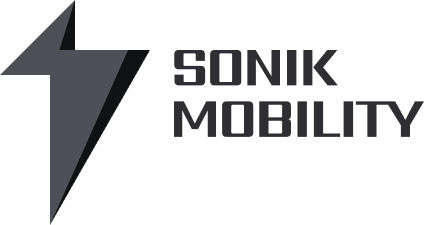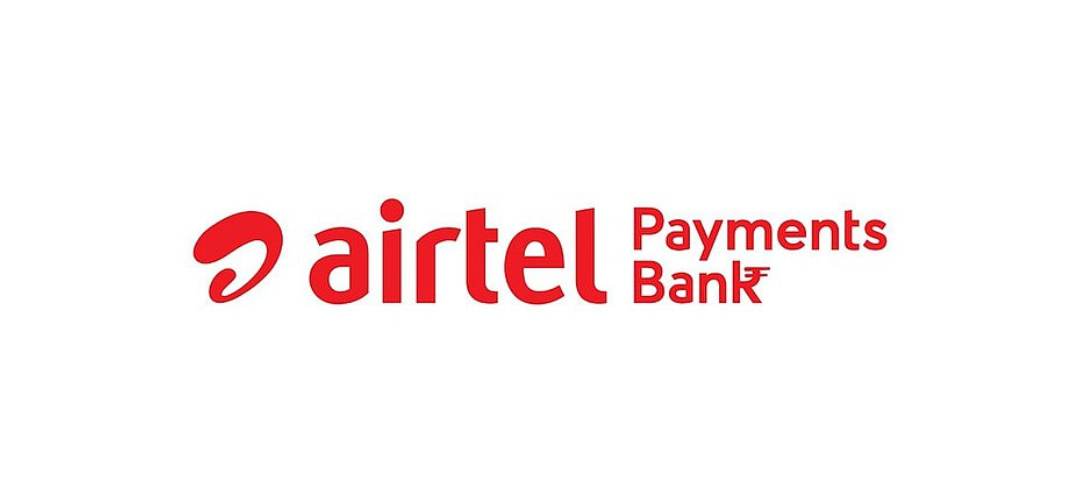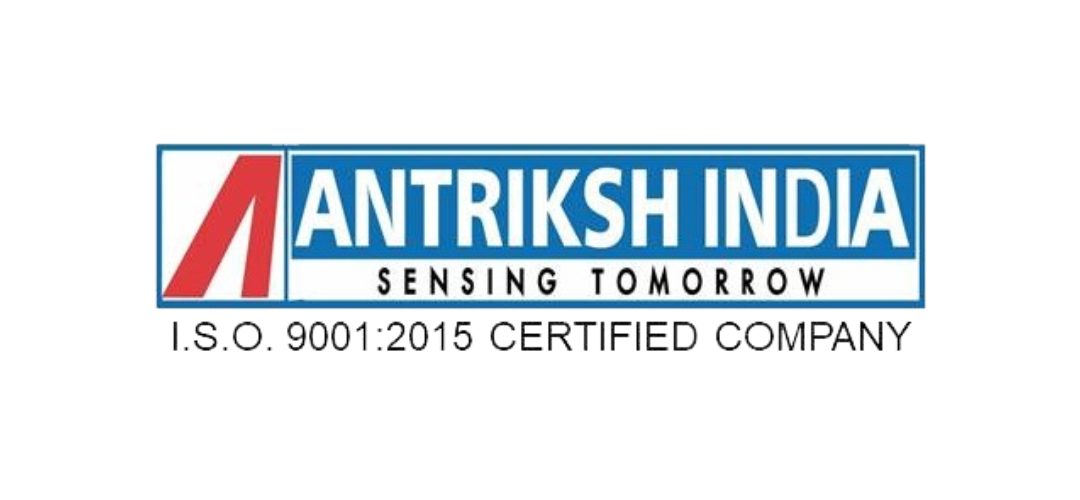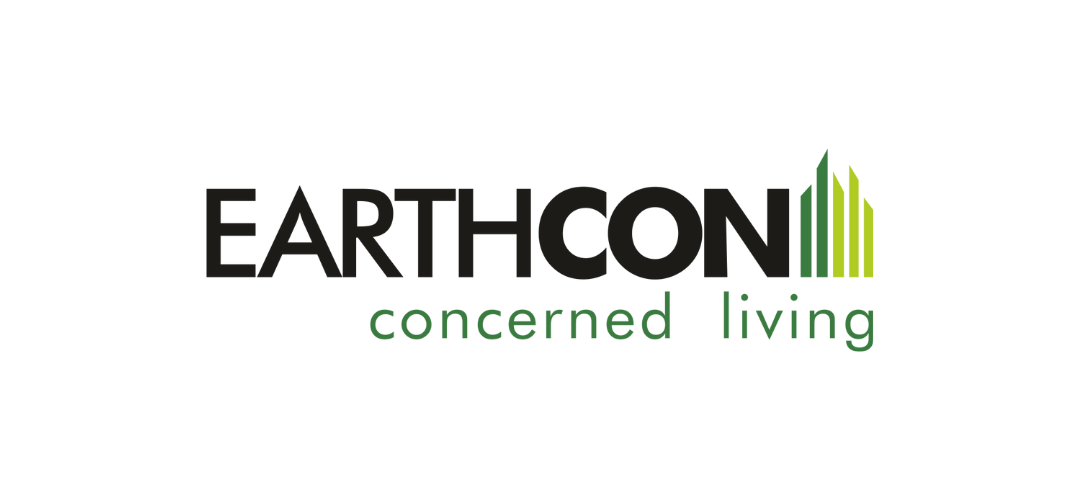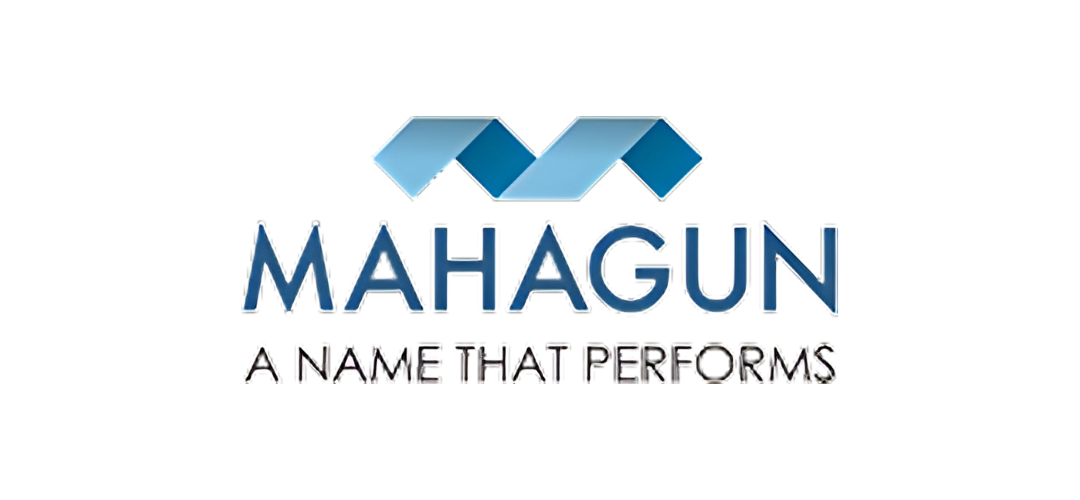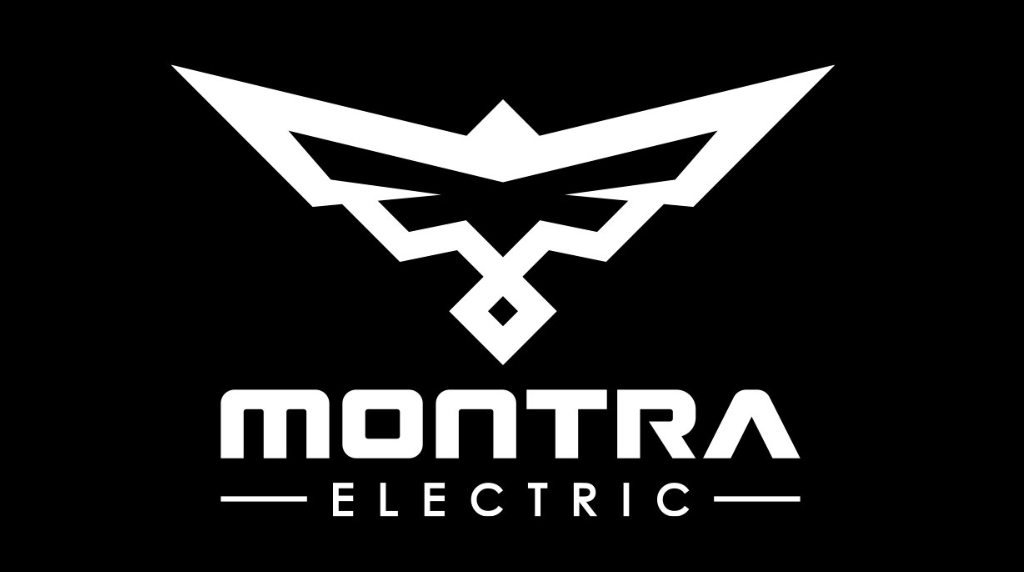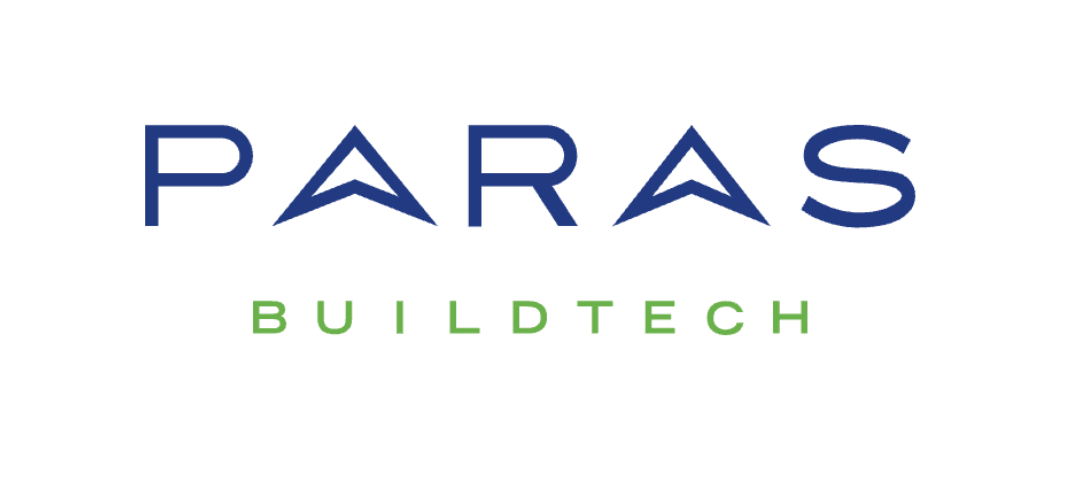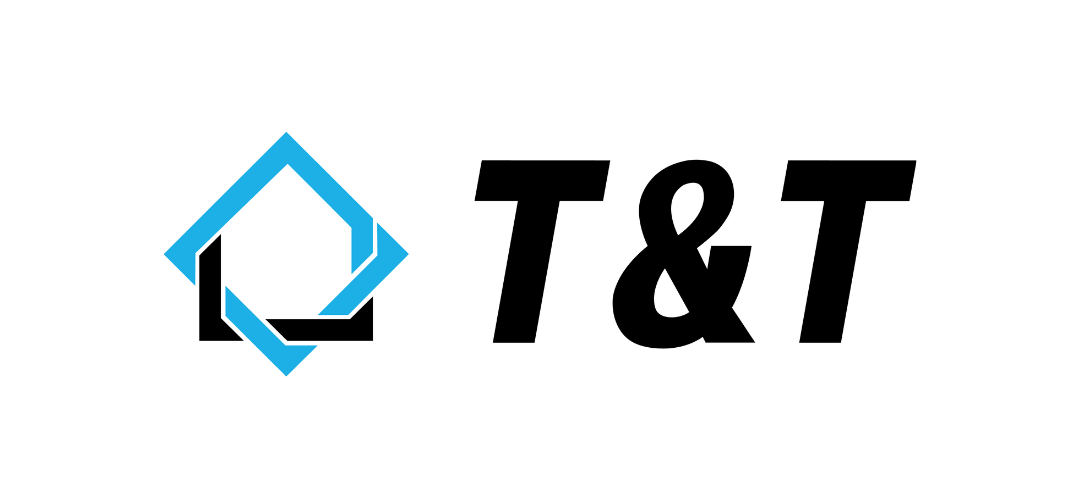Smart. Reliable. Sonik.
Explore our live charging network. Designed and manufactured in India, our IoT-enabled grid keeps you always connected, always in range.
0+
Cities Covered
0+
kWh of Energy Delivered
0+
Happy Users
Sonik Chargers Across India
Every charger you see is a step toward a reliable, nationwide EV ecosystem.
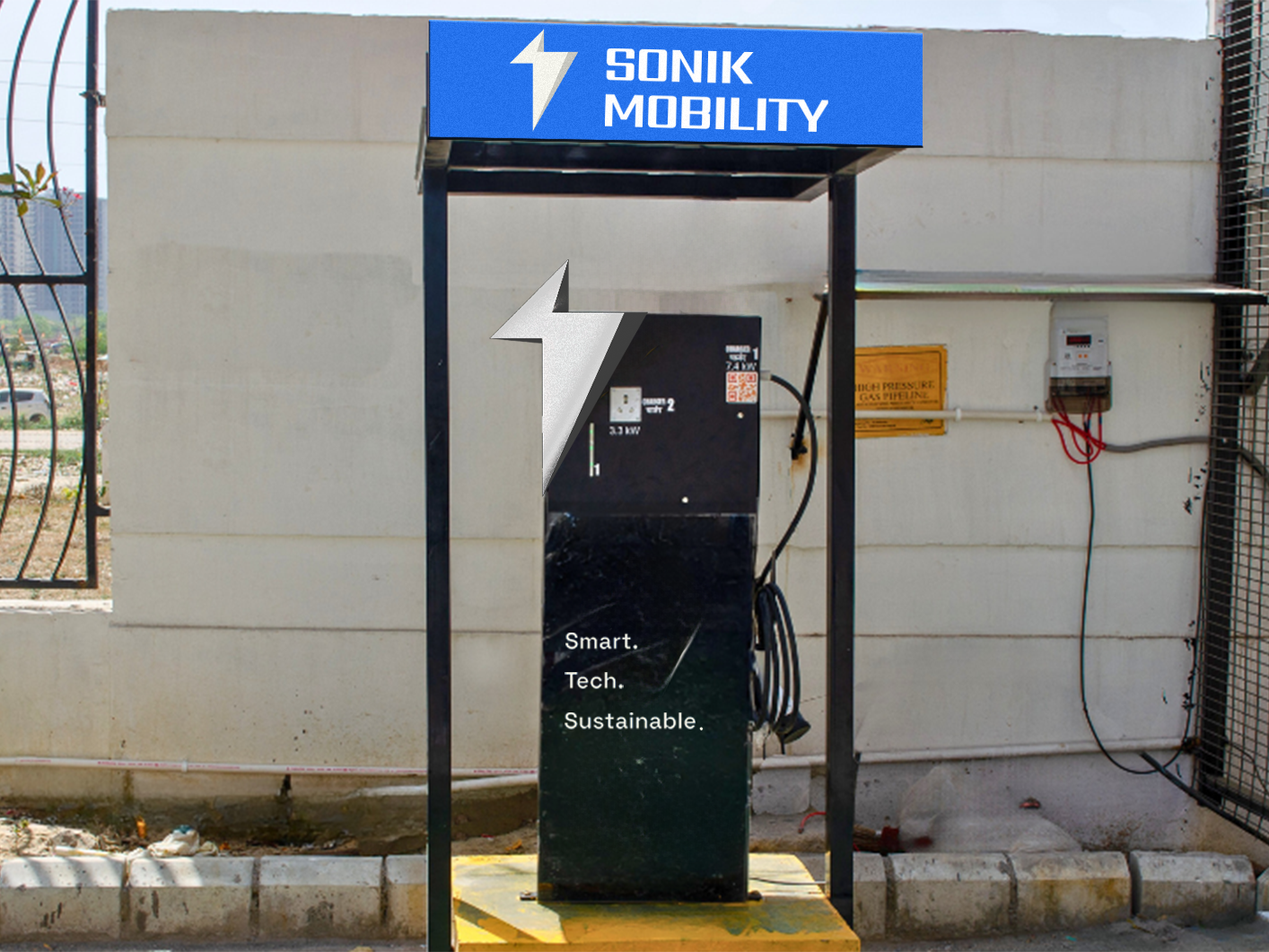
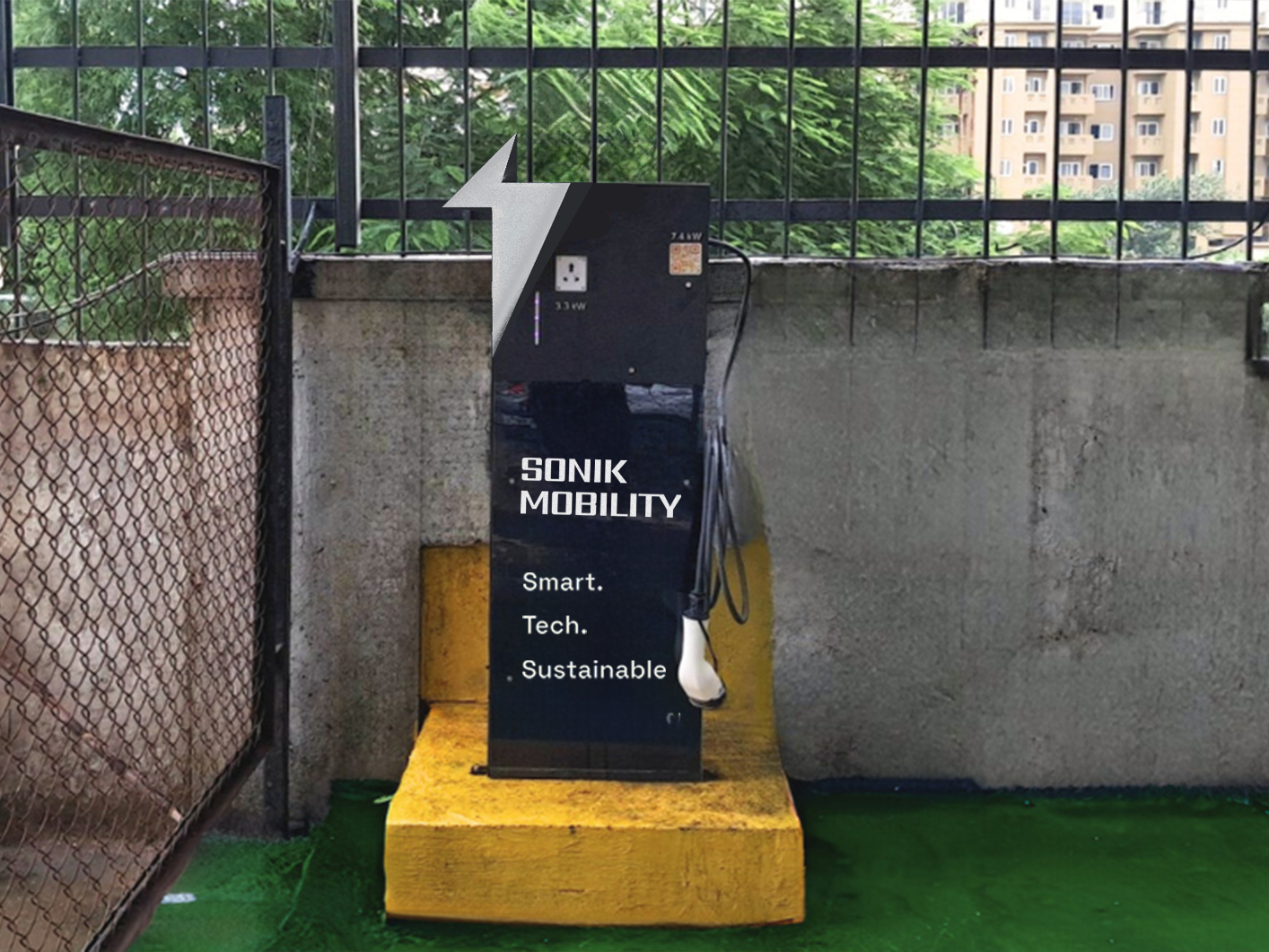
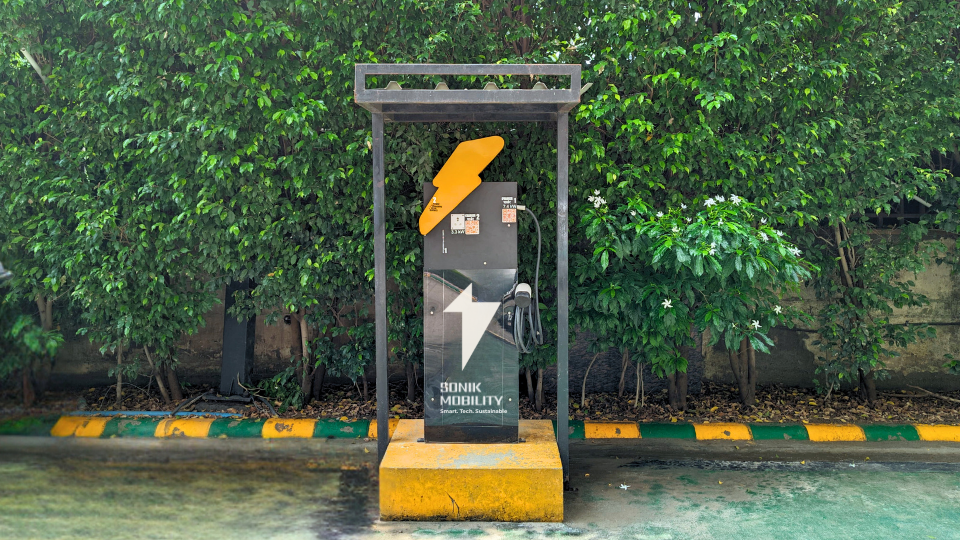
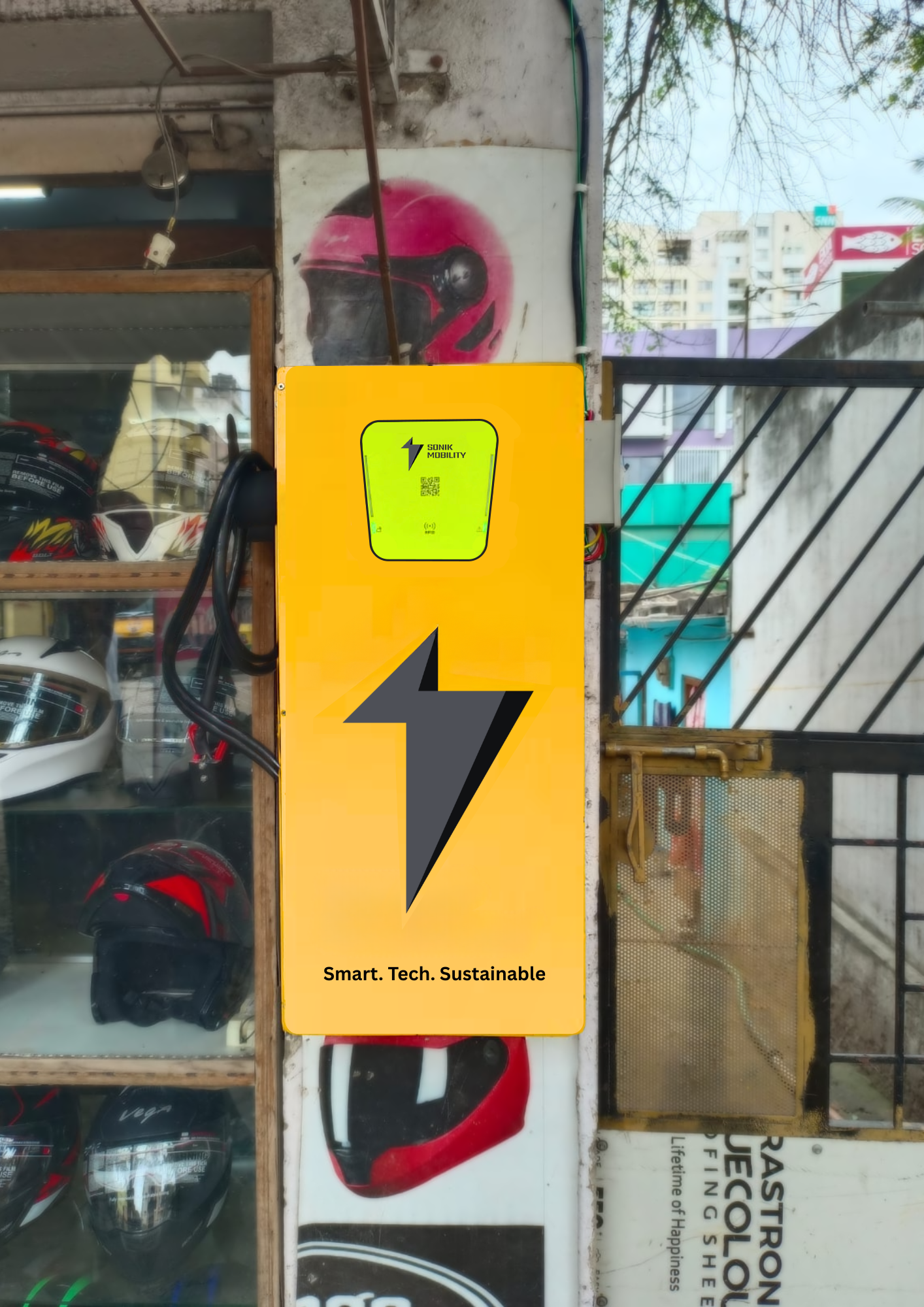
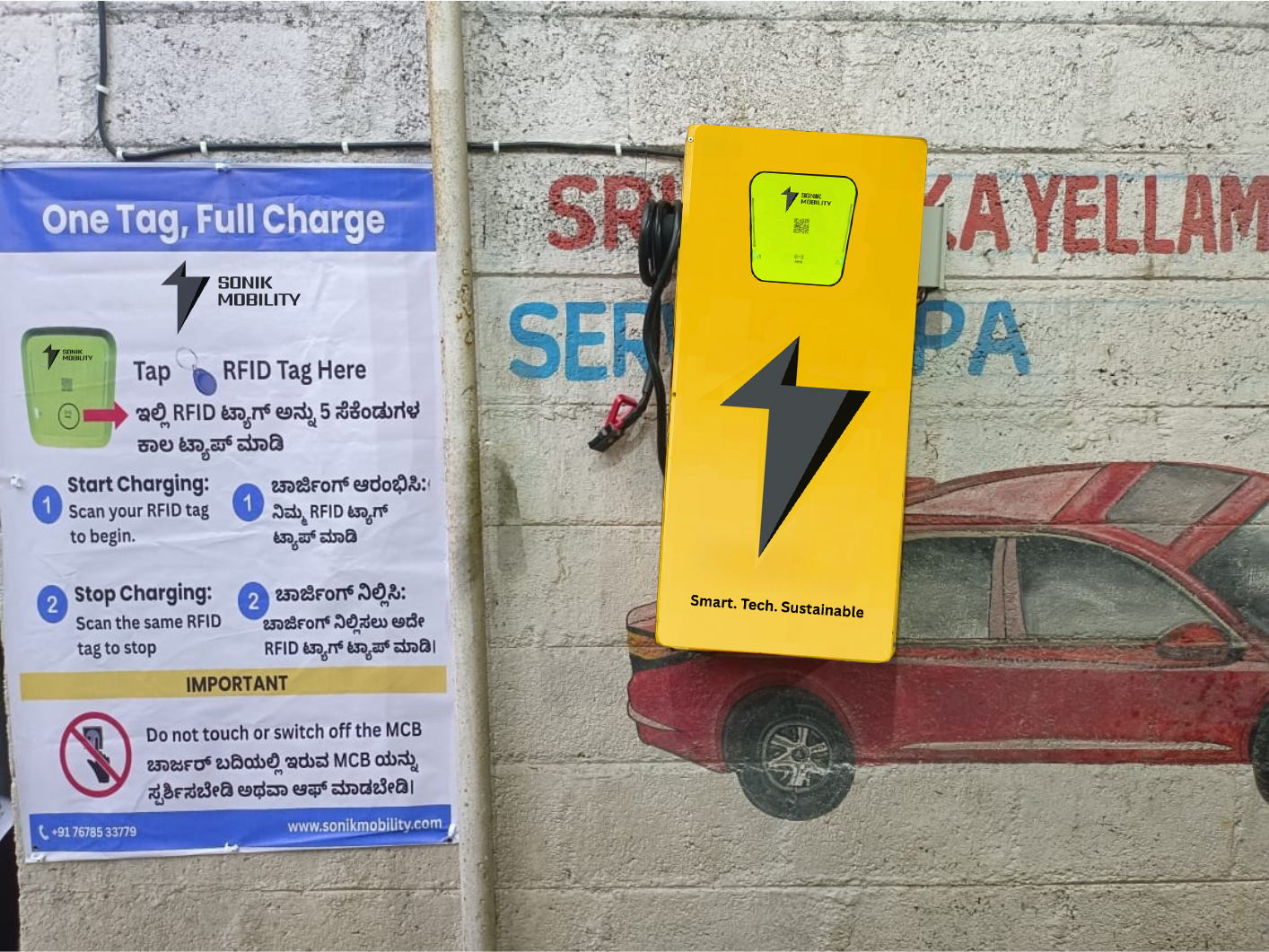
Join the Sustainable Charge
Switching to electric is more than a choice—it's a commitment to a cleaner planet and a smarter way to travel. See the impact.
Drastic CO2 Reduction
Each EV helps eliminate tons of carbon emissions, fighting climate change directly.
Lower Running Costs
Save up to 80% on fuel and maintenance compared to traditional gasoline vehicles.
Superior Driving Experience
Enjoy instant torque, silent operation, and a smoother ride with advanced EV technology.
A Fully-Integrated EV Charging Ecosystem
We provide a suite of powerful software solutions that work in harmony with our hardware, giving you complete control and visibility over your charging operations.
Charger Management System (CMS)
Our robust CMS is the central nervous system of your network. Control your entire charging infrastructure from a single, intuitive dashboard.
-
Real-time Analytics: Monitor charger status, manage tariffs, and view detailed reports on revenue and energy consumption.
-
Remote Operations: Start, stop, and troubleshoot charging sessions from anywhere, minimizing downtime.
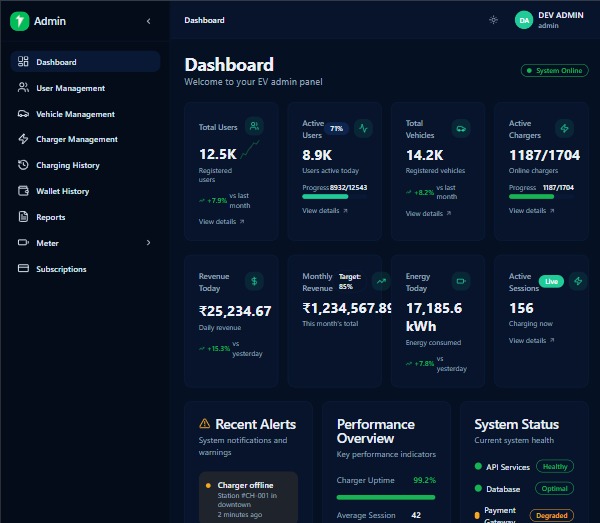
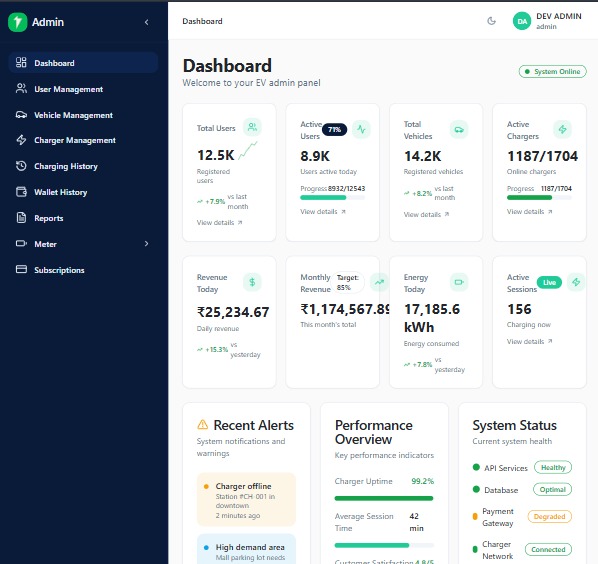

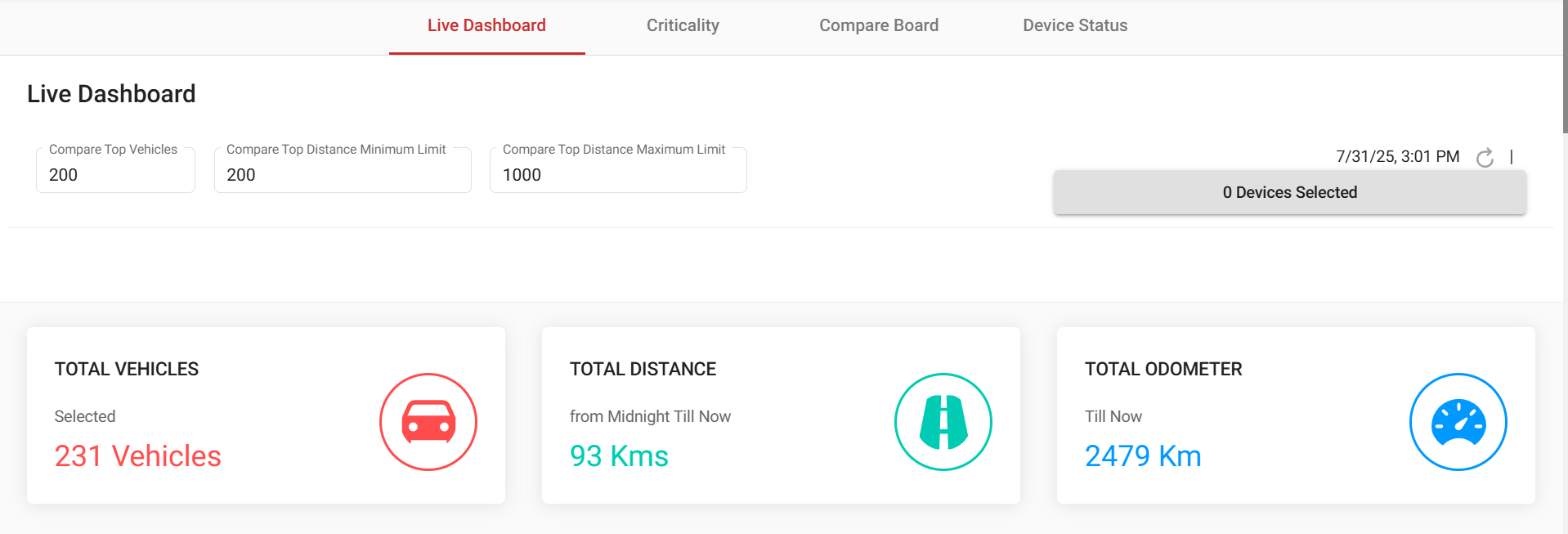
Fleet Management System (FMS)
Optimize your electric fleet with our specialized FMS. Track vehicles, monitor battery levels, and reduce operational costs with smart charging algorithms.
-
Live Vehicle Tracking: Monitor your entire fleet's location, speed, and battery status on a single, interactive map.
-
Smart Charging Schedules: Automatically charge vehicles during off-peak hours to take advantage of the lowest electricity rates.
Driver Mobile App
Empower EV drivers with a seamless charging experience through our intuitive and feature-rich mobile application, available on iOS and Android.
-
Station Locator & Trip Planner: Find chargers with real-time availability and plan long-distance journeys with integrated charging stops.
-
Seamless Payments: Pay securely using multiple methods, including all major wallets, UPI, and FASTag-based payments.
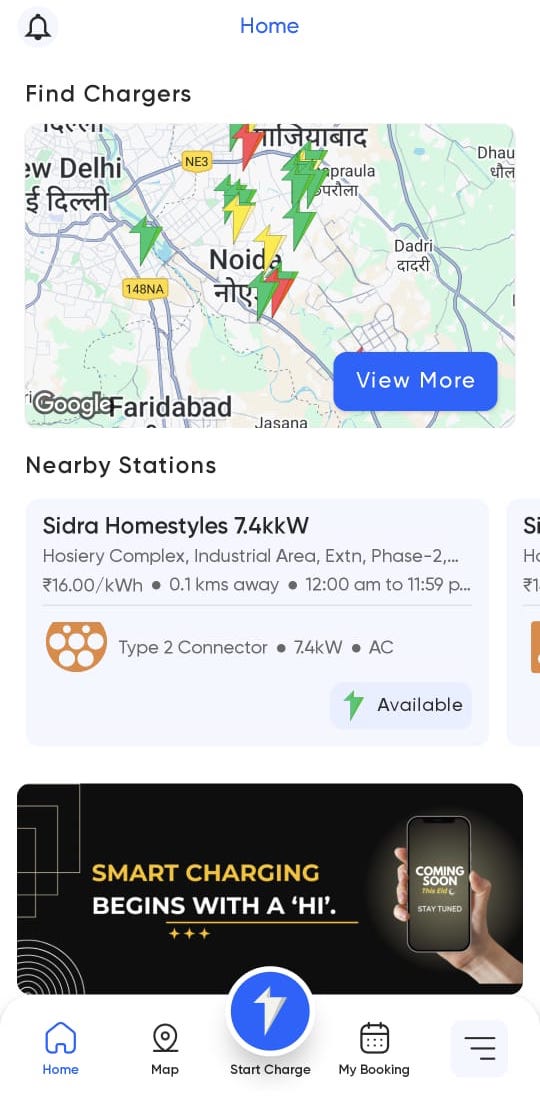
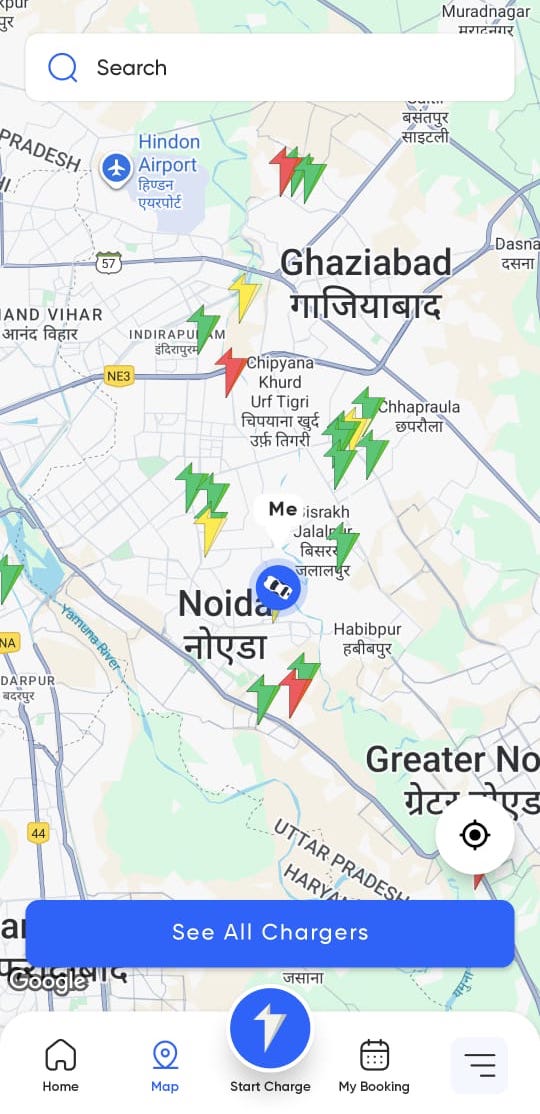
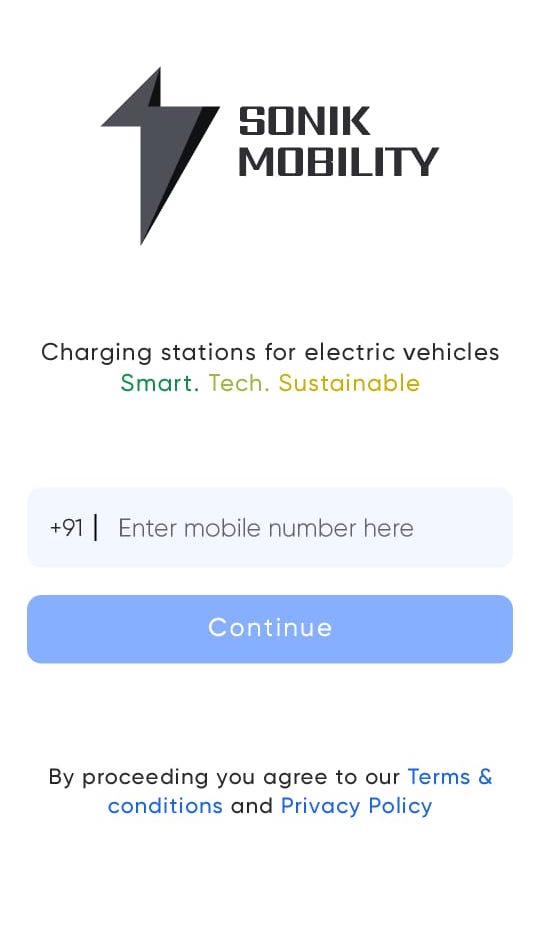
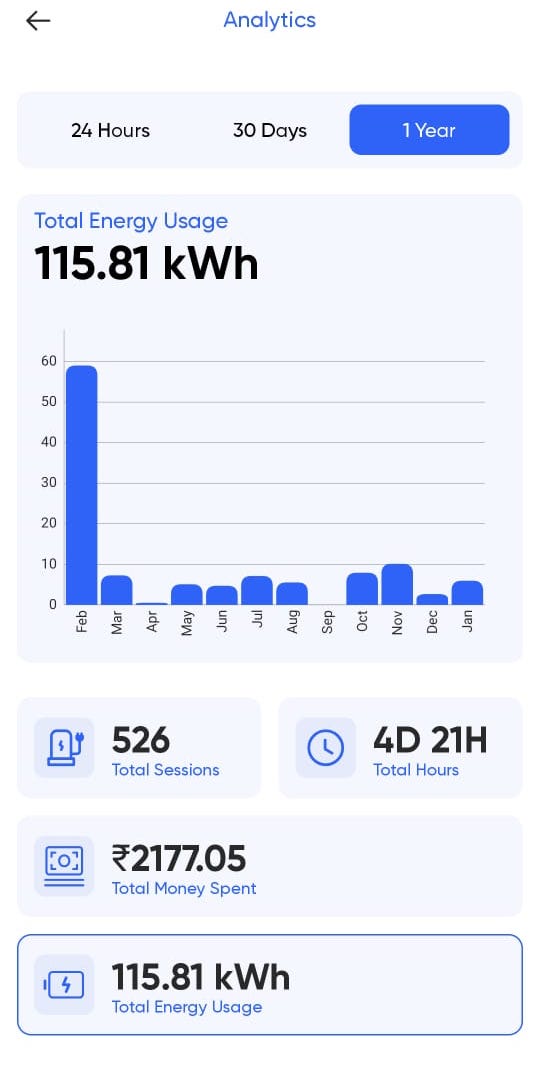
The Most Versatile EV Chargers in the Market
Designed and manufactured in India, our smart chargers are a fusion of robust engineering and intelligent, IoT-enabled design. From 3.3 kW to 120 kW, we have a solution for every use case.
Your EV Savings Dashboard
Adjust the sliders to match your daily usage and see how much you could save by switching to an electric vehicle. Your journey to a smarter, greener future starts here.
Average EV Efficiency
Your Potential Savings
Projected Annual Savings
Our Key Partners & Incubators
What Our Clients Say
Let's Build the Future Together
Please type in your question and some basic information. We will get back to you the soonest.
Partner with Us
Join our growing network of partners and help us build the future of EV charging in India. We offer comprehensive solutions for:

Apartments & Residential Societies
Provide residents with a reliable, seamless charging experience right at home.
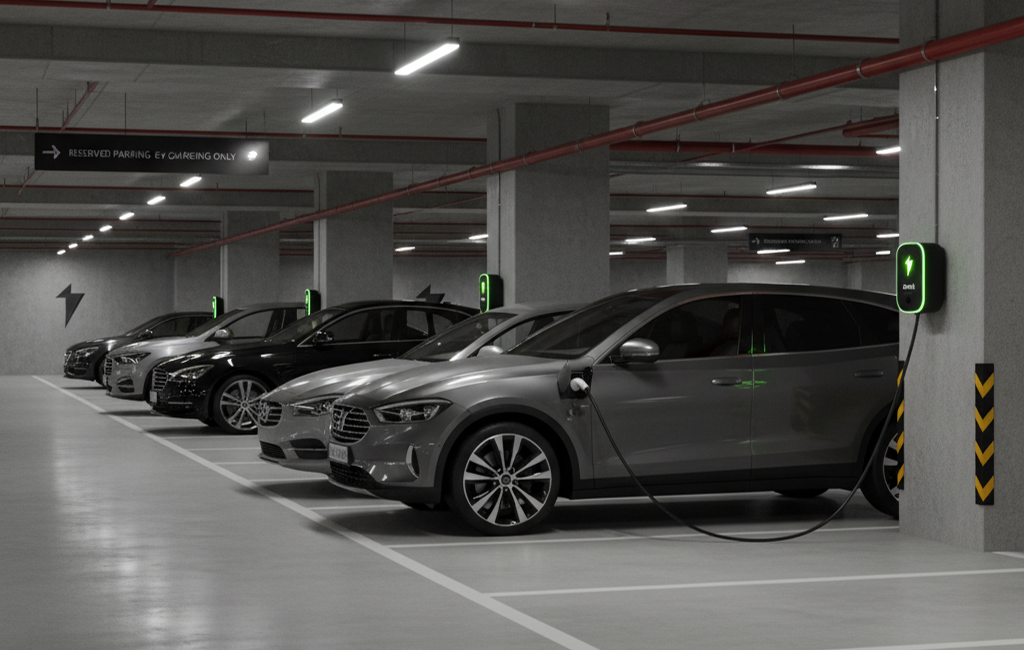
Offices & Commercial Hubs
Install smart chargers to attract and retain tenants, clients, and employees.
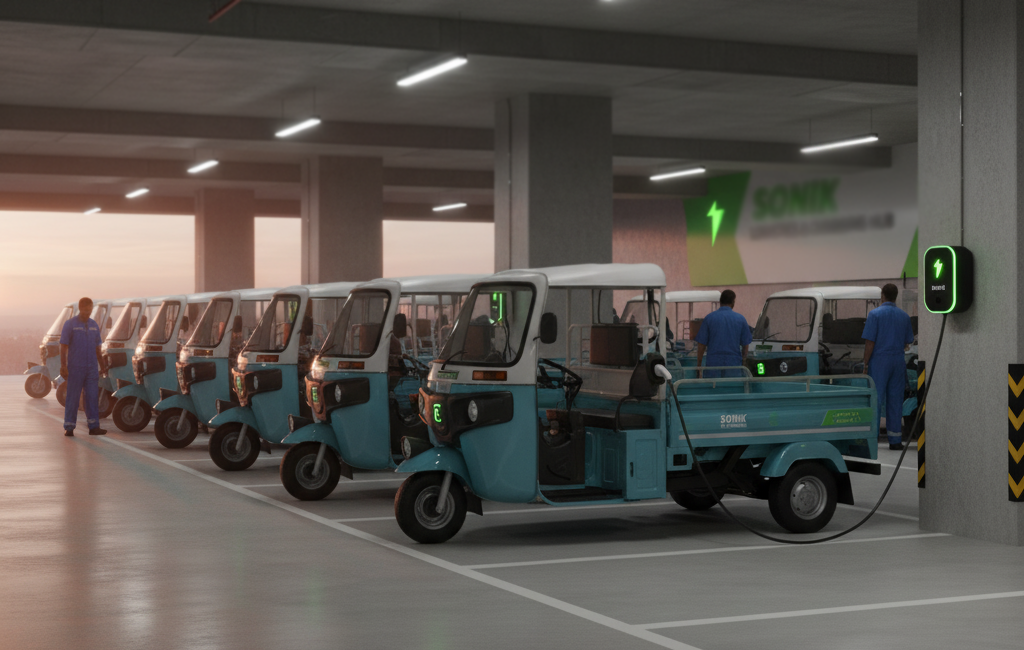
Fleet Operators & Logistics
Optimize your electric fleet with our intelligent charging and management system.
